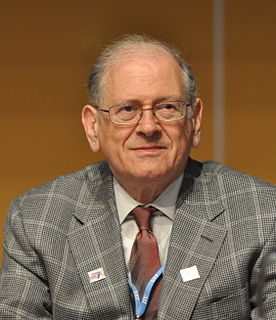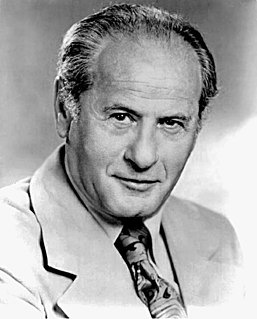A Quote by Terry Gross
There's so much kind of bureaucracy involved with the whole concept of net neutrality and like technical stuff.
Quote Topics
Related Quotes
The net neutrality game is to make everybody the same so that there's no difference and the prices are the same and if these Millennials got their way nothing would cost anything. But it's classic. This is a great illustration. Net neutrality is being stood upside down which is good because it's pro-competition, it offers customers options.
Look at the way liberals name things. "Net neutrality." It's like Switzerland! They don't take sides, everybody's fair, everything's the same. It's not what it is. Net neutrality rules are anti-consumer and anti-competitive. By definition, liberals don't believe in competition, and you know that. Competition is the root of all evil, as far as leftists are concerned, 'cause there are winners and there are losers, and the losers are sad and disappointed, and that's unacceptable. So everything must be the same. Nobody can have more than anybody else.
The Web took off in all its glory because it was a royalty-free infrastructure . . . When I invented the Web, I didn't have to ask anyone's permission. Now, hundreds of millions of people are using it freely. I am worried that that is going to end in the U.S.A. If we had a situation in which the U.S. had serious flaws in its Net Neutrality, and Europe did have Net Neutrality, and I were trying to start a company, then I would be very tempted to move.
I believe in the not-too-distant future, people are going to learn to trust their information to the Net more than they now do, and be able to essentially manage very large amounts and perhaps their whole lifetime of information in the Net with the notion that they can access it securely and privately for as long as they want, and that it will persist over all the evolution and technical changes.
I know that there is a near unanimous view in Congress that state or local taxes on Internet access would directly deter the ability of consumers to obtain and utilize the Internet. If that is an accepted premise, as it should be, the same concept should apply to the net neutrality debate and its certainty to increase consumer bills.






























